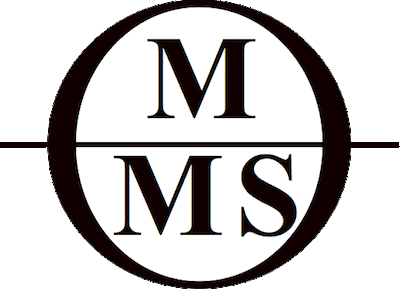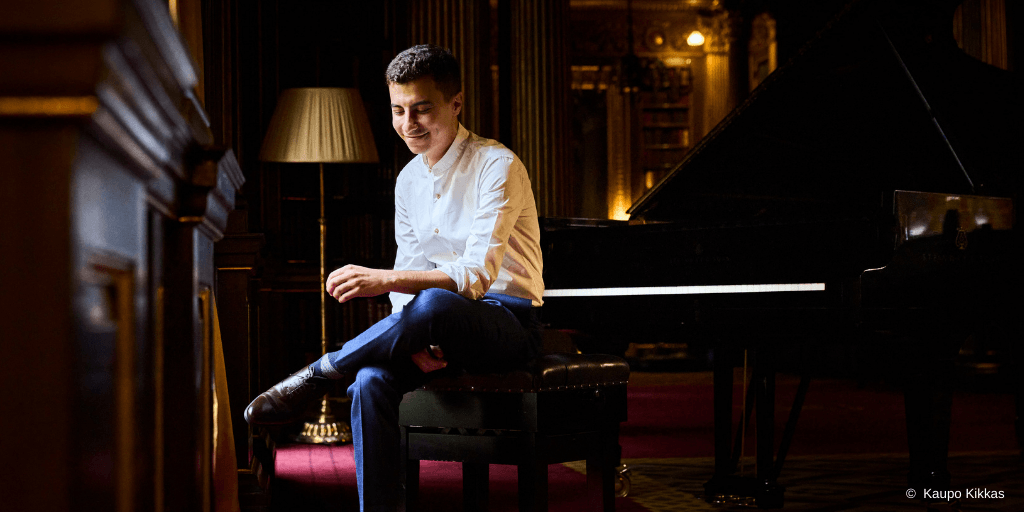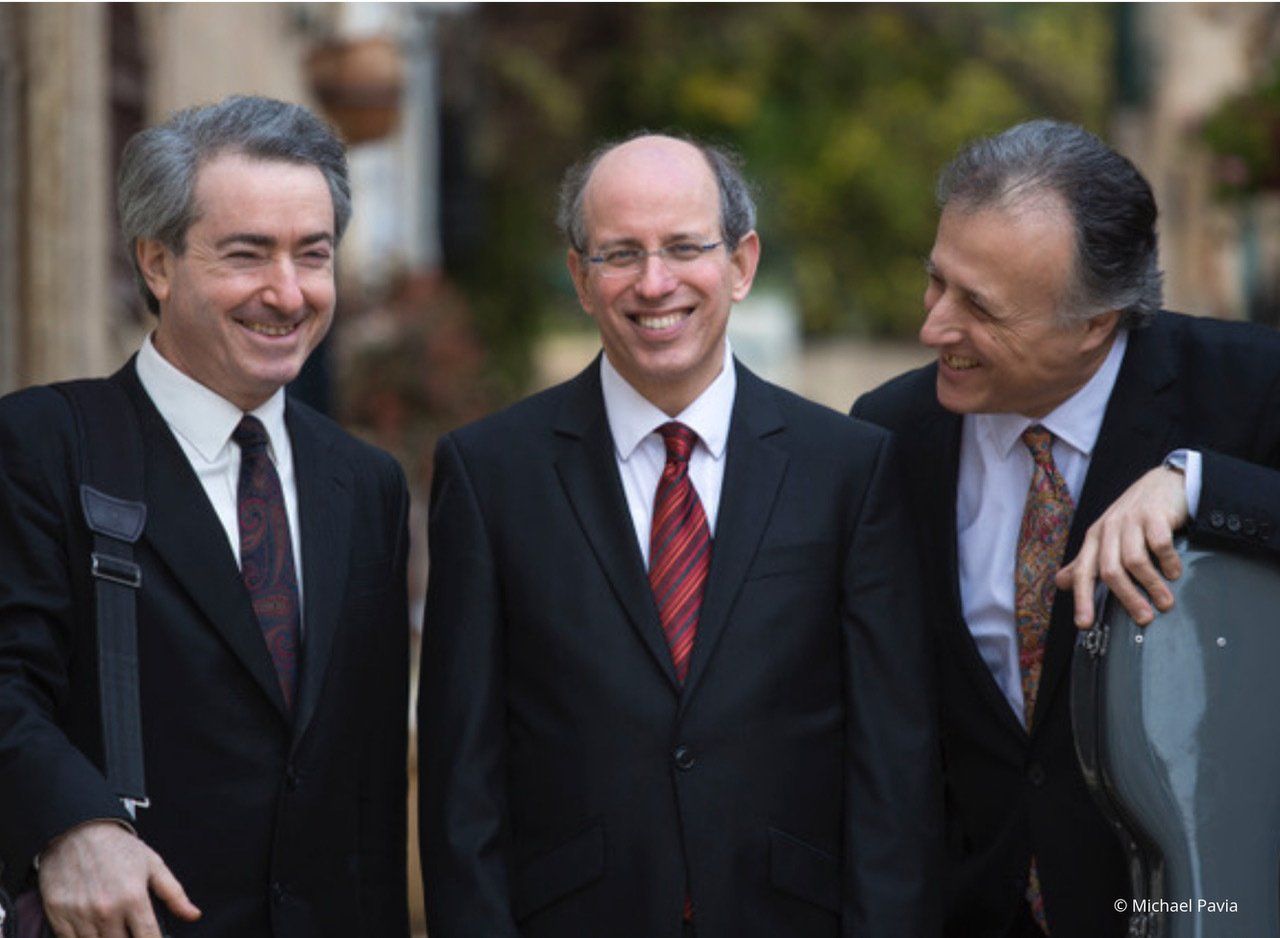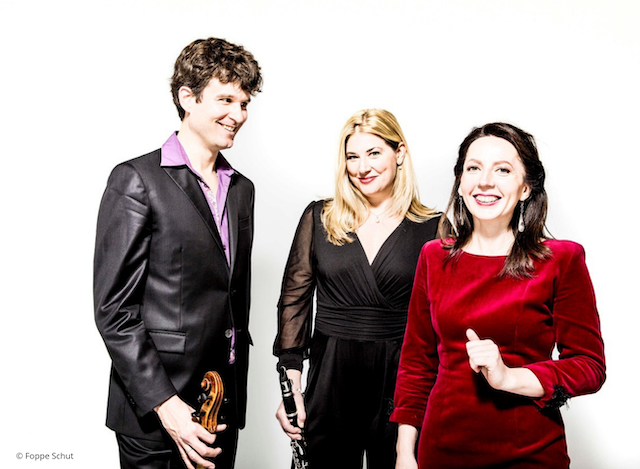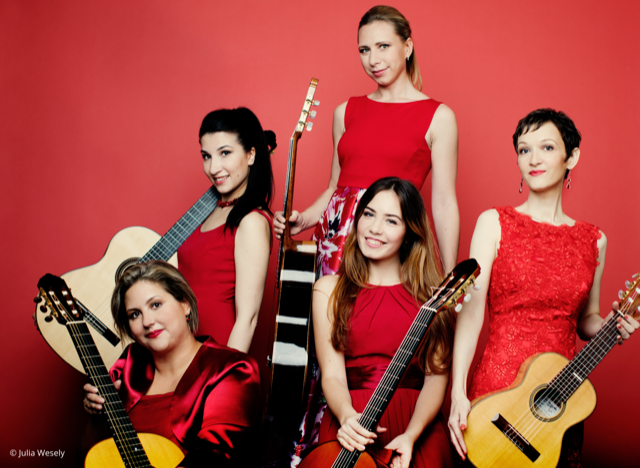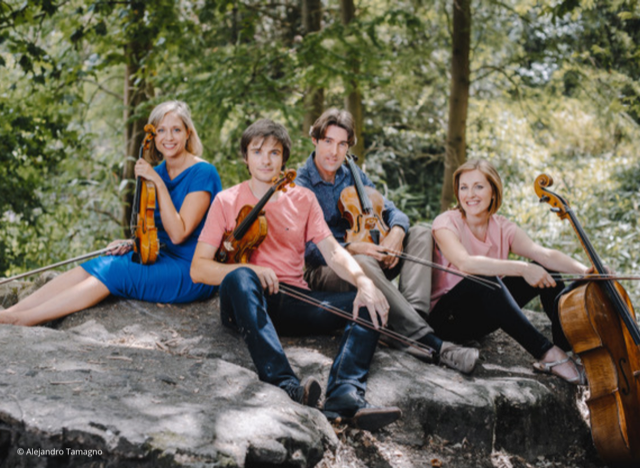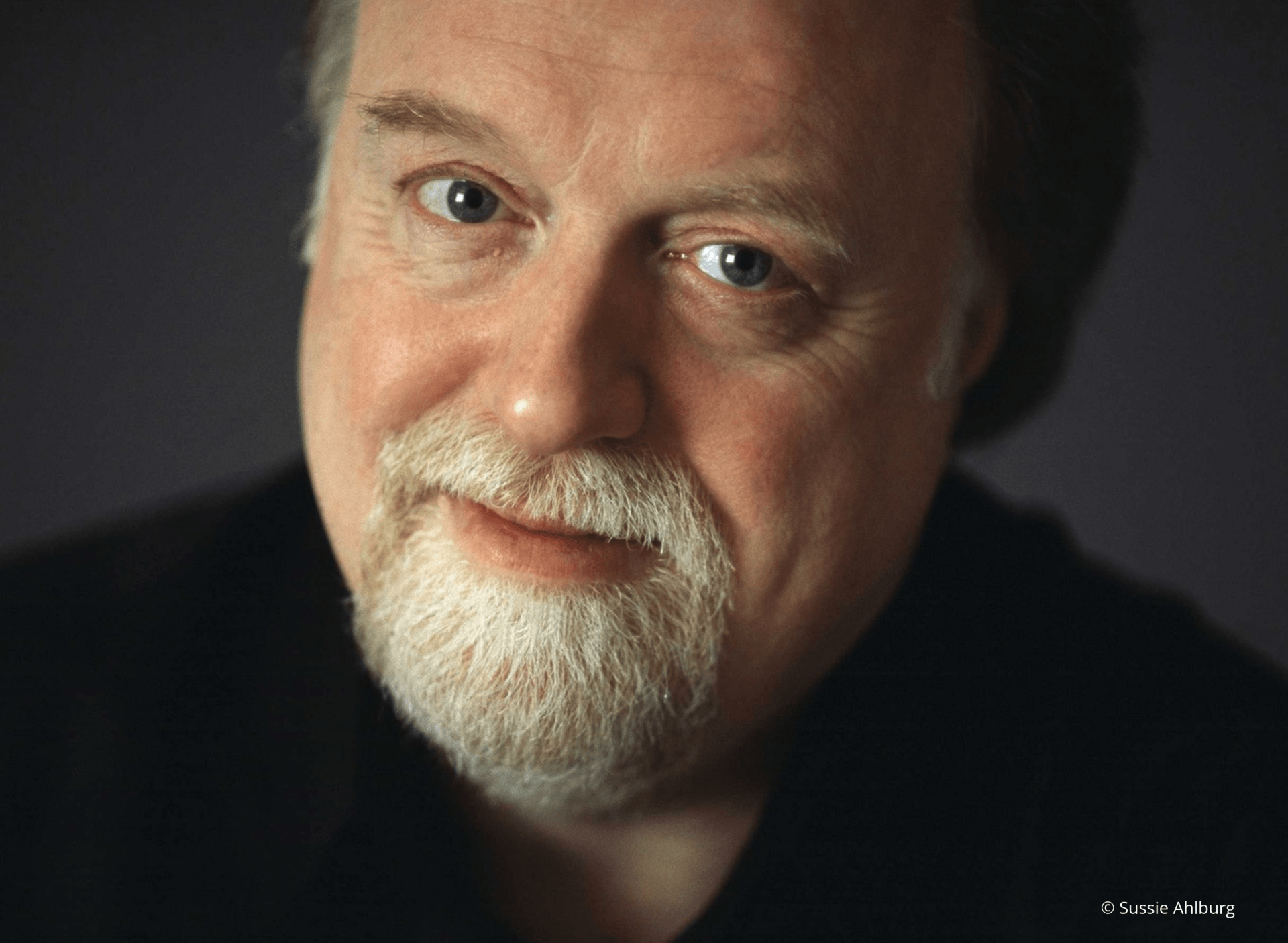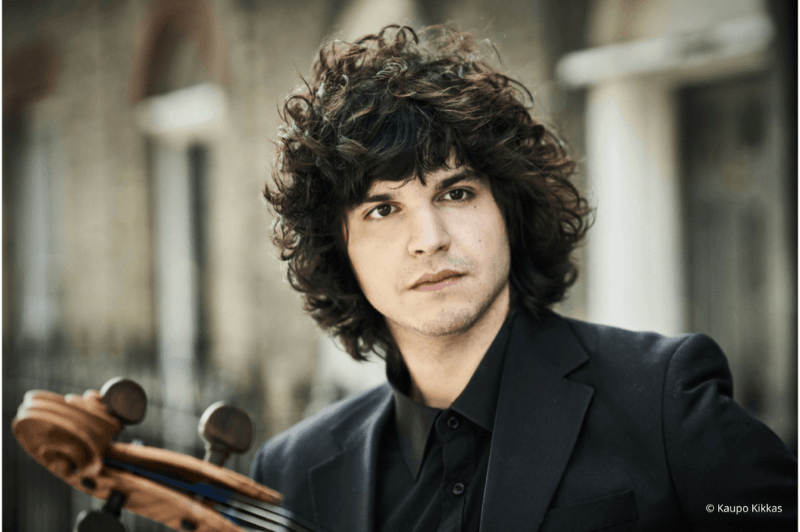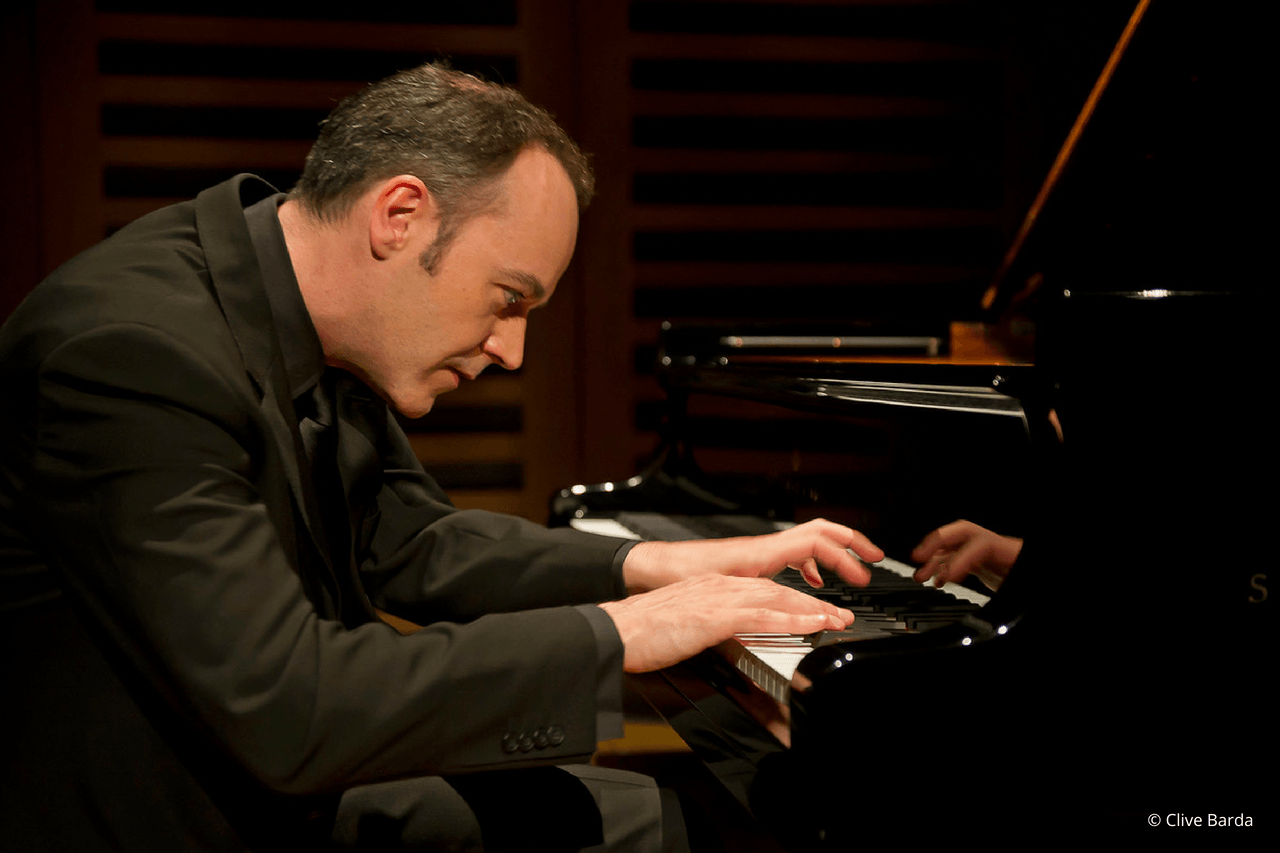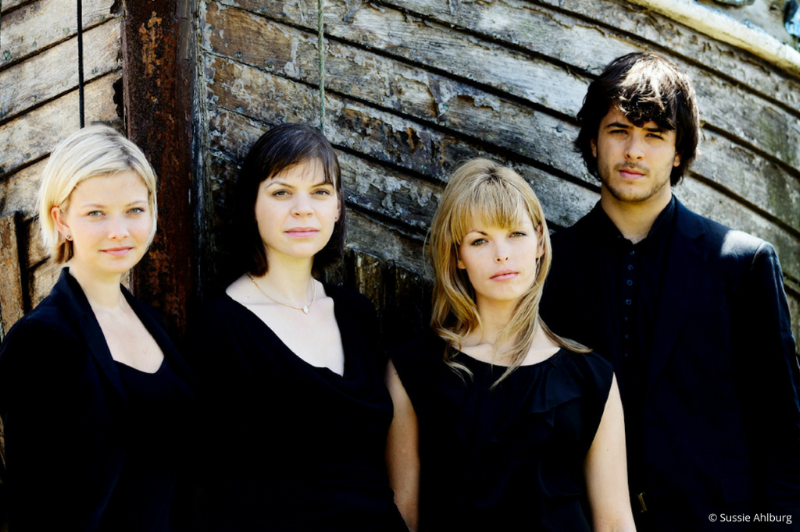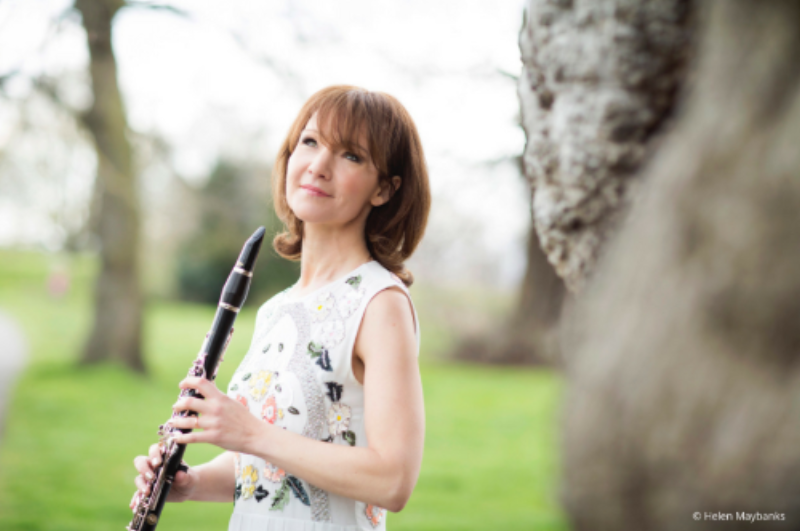Come and hear Vivaldi, Bach and more from the Kammerphilharmonie Europa orchestra!
- by Allan Colver
- •
- 20 Sept, 2018
- •
Thursday 18th October 2018 at 7.30pm
The Kammerphilharmonie Europa (European Chamber Orchestra) was founded in 2006 and is based in Cologne. It draws on a pool of sixty musicians from all over Europe and tours widely, tailoring the scale of its performances to the demands of different audiences and venues. The repertoire of the Kammerphilharmonie ranges from baroque to modern. For our concert, the orchestra will be joined by trumpeter Cyril Gussaroff.
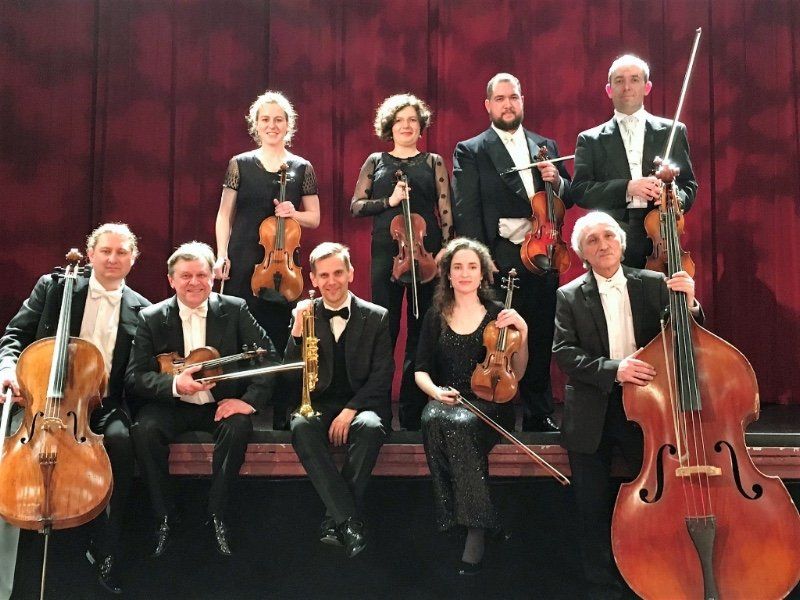
Find out more about the programme for our concert:
Concerto in G minor F.X1 No 21 Antonio Vivaldi (1678-1741)
i. Allegro; ii. Largo; iii. Allegro (composed circa 1720)
Vivaldi was an Italian Baroque composer, virtuoso violinist, teacher, and cleric. He is one of the greatest Baroque composers, and his influence during his lifetime spread across Europe. Like many composers of the time, Vivaldi faced financial difficulties in his later years. Shortly after a move to Vienna, his patron Charles VI died. Vivaldi became impoverished, died, and was buried in a simple grave in ground owned by the public hospital.
At the beginning of the twentieth century Vivaldi was virtually unknown to everyone except a few scholars; only a fifth of his works had been published in his lifetime. So unknown was he that the great violinist Kreisler got away with composing a concerto and passing it off as Vivaldi’s. This changed just before the Second World War when crates of music were discovered containing hundreds of works autographed by Vivaldi. Neglected works such as this Concerto reveal the marvellous writing for strings of which Vivaldi was a master.
Trumpet Concerto Saint Marc in E flat major Tomaso Albinoni (1671-1751)
i. Grave; ii. Allegro; iii. Andante; iv. Allegro
Albinoni was an Italian Baroque composer. While famous in his day as an opera composer, he is known today for his instrumental music, especially his concertos. Albinoni never styled himself a professional composer, did not seek a musical post in church or court, and referred to himself as a violin-playing musician. He inherited a business that manufactured playing cards.
This ‘Concerto’ was published in Amsterdam in 1712 as Sonata No 11 Opus VI. The work is now popularly (and apparently irrevocably) known among trumpeters as Concerto, a title which might be considered odd for a work which began as a sonata.
Violin Concerto in E major BWV 1042 Johann Sebastian Bach (1685-1750)
i. Allegro; ii. Adagio; iii. Allegro assai (composed in 1855)
Bach was born in Eisenach, Germany into a great musical family. His father was the director of the town musicians, and all of his uncles were professional musicians. Bach’s father and brother taught him to play the violin, harpsichord and clavichord. Bach held musical posts across Germany serving as Kapellmeister (director of music) to Leopold, Prince of Anhalt-Köthen; as music director at the main Lutheran churches in Leipzig; and as educator at the Thomasschule.
Forkel, Bach's original biographer, describes this concerto as being ‘full of an unconquerable joy of life, which sings in the triumph of the first and last movements.’ In the first movement, Bach takes the basic idea of ritornello form (in which the accompanying instruments (called the ripieno). play recurring passages whilst the soloist plays contrasting ones) and shapes it superbly with repeats (da capo-form); neither soloist nor ripieno dominates the other. The middle movement is a mournful instrumental aria, in which the violin's intricate musings are woven in and around a quiet ostinato (repeated rhythmic pattern) in the bass instruments. The finale is an exuberant dance-like movement. Each successive contrasting passage exploits the violin's capabilities, until at last the final refrain swoops in on the wings of wild demi-semi-quavers.
Serenade for Strings in E flat major Opus 6 Josef Suk (1874-1935)
i. Andante con moto; ii. Allegro ma non troppo e grazioso; iii. Adagio; iv. Allegro giocoso (composed in 1892)
Suk was a Czech composer and violinist. He was taught the violin by his father and was formally educated in music. Suk married Dvořák’s daughter, Otilie, and the happiest time of his life followed. Then tragedy struck when Dvorak and Otilie died around 1905 within fourteen months of each other. His music changed after this and he became associated with a group of composers expounding Czech Modernism.
This Serenade was composed while Suk was studying under Dvořák, who recommended Suk write some lighter and more cheerful music. Suk took that advice and created his best-known work, a sunny and uncomplicated Serenade. In mood and mastery it is worthy of comparison with other great nineteenth century string Serenades by Tchaikovsky, Grieg, and Dvorák himself.
Adagio in G minor Remo Giazotto (1910-1998) and perhaps Tomaso Albinoni
The Adagio in G minor is a neo-Baroque composition popularly attributed to Albinoni, but actually composed by 20th-century musicologist and Albinoni biographer Remo Giazotto, purportedly based on the discovery of a manuscript fragment by Albinoni. There is a continuing debate about whether the alleged fragment was real, or a musical hoax, but there is no doubt about Giazotto's authorship of the remainder of the work. According to Giazotto, he obtained the document shortly after the end of World War II from the State Library in Dresden. Giazotto concluded that the manuscript fragment was a portion of a church sonata composed by Albinoni. Giazotto never produced the manuscript fragment, and no record has been found of it in the collection of the State Library.
The piece is most commonly orchestrated for string ensemble but with its growing fame has been transcribed for other instruments. The composition has permeated popular culture, having been used as background music for many films, in television programmes, and in advertisements.
Little Suite for Strings Opus 1 Carl Nielsen 1865-1931
i. Prelude; ii. Intermezzo; iii. Finale (composed in 1887)
Nielsen was a Danish musician, conductor and violinist, widely recognized as his country's most prominent composer. He died in Copenhagen following a series of heart attacks, surrounded by his family. His last words to them were ‘You are standing here as if you were waiting for something’.
Nielsen composed the Suite when he was only 22. It was first performed at the Tivoli Hall in Copenhagen and was a great success. Nielsen played in the orchestra and the middle movement was played as an encore. The suite's rather short, elegiac first movement is reminiscent of Scandinavian Romanticism, as expressed by Grieg. The Intermezzo, a waltz, gives a hint of the composer's love of triple time. The expansive Finale opens solemnly with the elegy theme but soon breaks loose into an animated sonata form in which Nielsen reintroduces the opening theme.
Book your tickets for this concert now! - click here to buy online.
Programme notes compiled from various sources.
Privacy policy
Registered charity (England & Wales) : 1048490
All Rights Reserved | Morpeth Music Society
